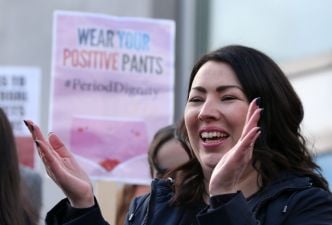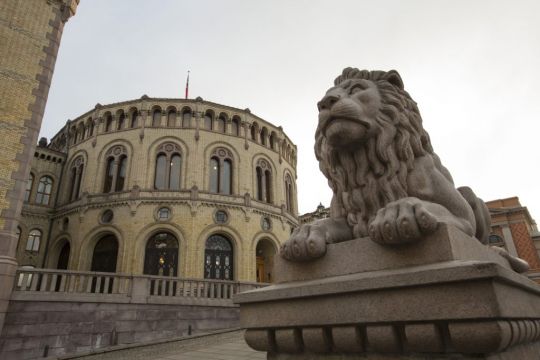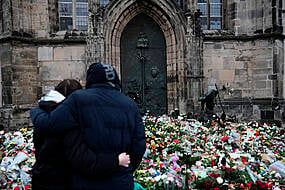Norway's parliament outlawed hate speech against transgender people on Tuesday, expanding its penal code which has protected gay and lesbian people since 1981.
People found guilty of hate speech face a fine or up to a year in jail for private remarks, and a maximum of three years in jail for public comments, according to the penal code.
Norway is one of the most liberal countries in Europe for LGBTQ+ people, allowing transgender people to legally change gender without a medical diagnosis in 2016. But reported homophobic crimes have risen, according to advocacy group, ILGA-Europe.
"I'm very relieved actually, because (the lack of legal protection) has been an eyesore for trans people for many, many years," said Birna Rorslett, vice president of the Association of Transgender People in Norway.
The bill was approved on its second reading without a vote, a parliamentary spokeswoman said, after it was backed by lawmakers on its first reading last week.
Bisexual
Transgender people are "an exposed group when it comes to discrimination, harassment and violence", Minister of Justice and Public Security Monica Maeland said.
"It is imperative that the protection against discrimination offered by the criminal legislation is adapted to the practical situations that arise," she told the Thomson Reuters Foundation in emailed comments ahead of Tuesday's reading.
The amendments outlawed discrimination based on "gender identity or gender expression" and changed "homosexual orientation" to "sexual orientation", meaning bisexual as well as lesbian and gay people will be explicitly protected from discrimination.
Under the penal code, people charged with violent crimes can receive harsher sentences if a judge decides their actions were motivated by someone's sexual orientation or gender identity.

The law's opponents argued that it could criminalise free speech criticising LGBTQ+ rights, said Anine Kierulf, an assistant professor of law at the University of Oslo.
The bar for prosecution is high, requiring direct incitement against people or language that dehumanises them, she said.
"There are a lot of very hateful things you can say about the protected groups," she said.
The Thomson Reuters Foundation, the charitable arm of Thomson Reuters, covers the lives of people around the world who struggle to live freely or fairly.







